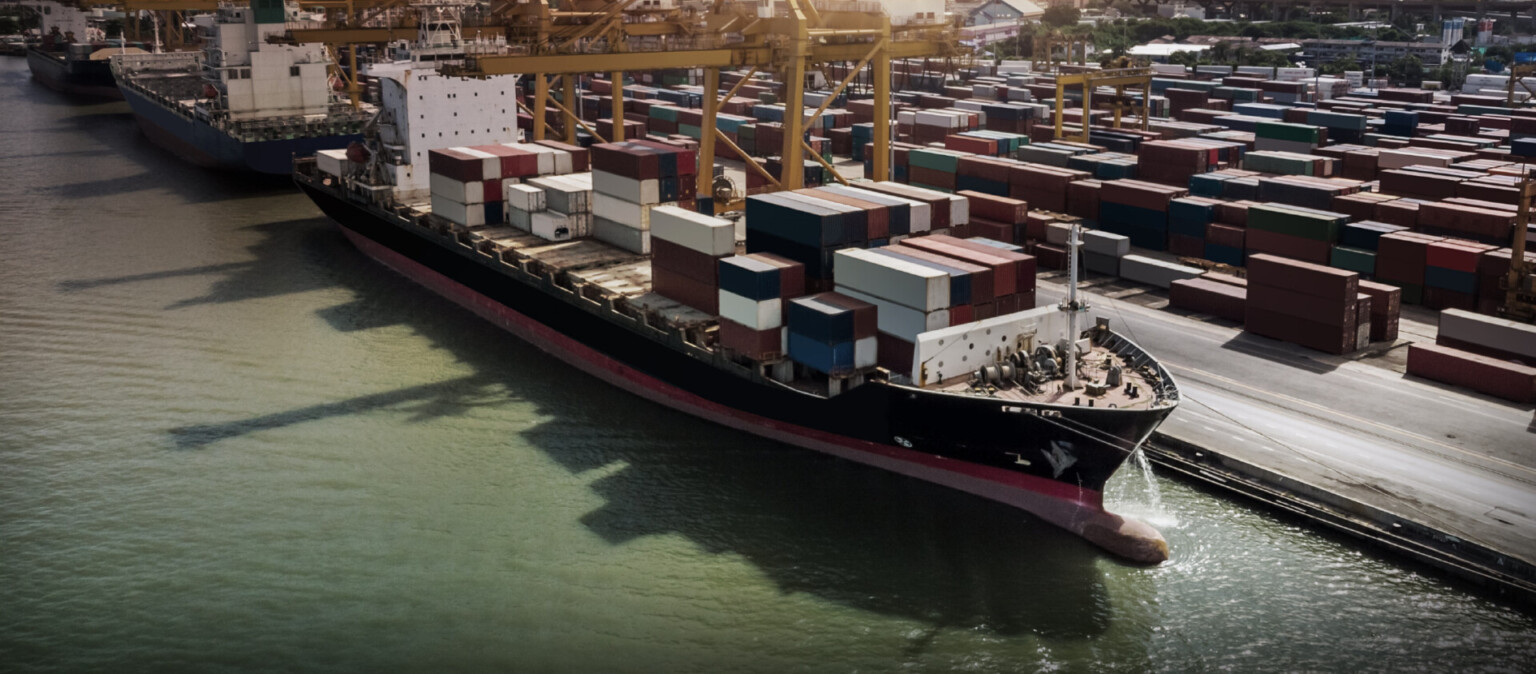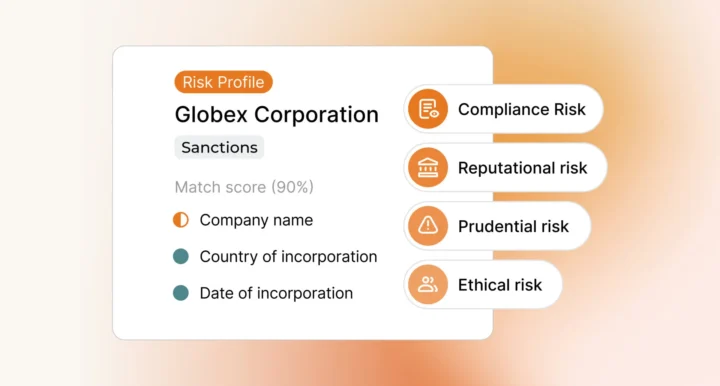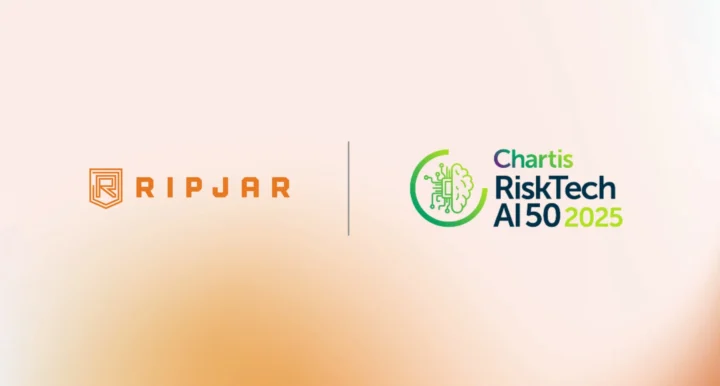Since 2022, Western economic sanctions have limited the ongoing war in Ukraine by stifling the Russian economy and preventing the Russian government from acquiring goods and services for military end-use. Under that pressure, Russian president Vladmir Putin has increasingly relied on illicit means of importing military and other critical resources, including a so-called ‘dark fleet’ of ships willing to evade international trade restrictions at the risk of severe legal penalties.
With international shipping at the heart of its sanctions evasion strategy, the number of transportation and logistics companies actively engaged in Russia sanctions violations has increased dramatically. This has not only led to sanctions against these entities but sanctions against ships and vessels engaged in evasion strategies. Given the shift in the threat landscape, international businesses must be aware of the compliance risk they face when dealing with certain vessels and aircraft, and be able to spot sanctioned operators.
Why are Sanctions on Vessels and Aircraft Necessary?
Shipping entities pose a particularly high compliance risk because of their potential to operate in contravention of international sanctions rules. Many of those illegal activities involve the practical operation of vessels and aircraft themselves, in tandem with the manipulation of shipping practices and regulations. Putin’s shadow fleet has grown dramatically since 2022, with some estimates now putting it at over 1,000 tankers (and other vessels) owned and operated by persons willing to violate international law, and supply resources directly to Russia’s military.
These shadow vessels do not just pose regulatory risks but create legal and diplomatic issues, and even pose a threat of physical harm against other vessels and their crews. Their illegitimate operational status means they often have not acquired appropriate indemnity insurance and are typically older, poorly-maintained vessels that pose a significant health and safety risk to their crews and the crews of other vessels.
Key strategies that shadow vessels use to evade sanctions include:
- Disabling automatic identification systems (AIS) to prevent tracking attempts.
- Use of abnormal and potentially hazardous transportation routes.
- Fraudulent or manipulated registration documentation.
- ‘Flag hopping’ or misrepresenting the flag under which the vessel operates.
- Physically altering a vessel’s markings to thwart identification by authorities.
- Ship-to-ship transfers, mid-route, in order to avoid customs controls.
- Complex corporate ownership structures designed to hide the identity of the individuals behind the sanctions evasion crime.
In addition to financial penalties, when shadow vessels and aircraft are detected by authorities or customs officials, subsequent enforcement actions may result in significant jeopardy for crew members, who may not even be aware of the legal status of the goods they are transporting. Similarly, the consequences of any action by authorities may create or escalate diplomatic tensions, resulting in further financial costs and legal consequences.
Maritime Sanctions Impact
Western governments are addressing the sanctions threat posed by vessels and aircraft by implementing dedicated sanctions measures, such as the UK’s maritime shipping sanctions regulations, or the US Office of Foreign Asset Control’s (OFAC) blacklisting of specific shipowners, vessels, and aircraft that facilitate the transport of goods to sanctioned countries.
Maritime (and other) shipping sanctions vary by regime but typically restrict firms from engaging in business with specific vessels and aircraft. Measures and controls may include:
- Designation of the vessel or aircraft registration on a sanctions list.
- Seizure of the vessel or aircraft by authorities.
- Seizure or freezing of assets of the vessel or aircraft’s controlling company.
- Airspace restrictions and denial of access to ports and airports.
Vessel and Aircraft Sanctions: Recent Updates
In June 2024, the UK along with its G7 partners introduced a new round of Russia sanctions which included several targets within, or connected to, the Russian shadow fleet. The designations were made because the owners of the targeted vessels were found to be using shell companies as a means of concealing their involvement in the sanctions violations. The targets included:
Four vessels in the fleet itself:
- Ocean AMZ (IMO 9394935)
- Canis Power (IMO 9289520)
- Robon (IMO 9144782)
- NS Laguna (IMO 9339325)
Two vessels involved in the transportation of weapons to Russia:
- Lady R (IMO 9161003)
- Angara (IMO 9179842)
A ship manager:
- One Moon Marine Services LLC
Combat Sanctions Risk with Effective Screening
The complexity of the sanctions risk landscape, and the impact of new sanctions against specific vessels and aircraft, represent a significant compliance challenge. With governments cracking down on sanctions evasion in jurisdictions around the world, firms must tighten their screening and monitoring solutions to ensure they keep pace with new risks.
In practice, this means that screening solutions must be able to detect ships and vessels currently designated under sanctions regimes with a high degree of accuracy, and react quickly when sanction lists are updated. That evolving data burden requires firms to implement powerful, continuous automated name screening, with global scope, in order to meaningfully contribute to the fight against sanctions evasion and, critically, avoid penalties.
Ripjar’s Labyrinth Screening platform is designed to deliver that kind of screening power, facilitating name searches of thousands of global sanctions lists and watchlists, in real time, and delivering actionable intelligence in seconds. Powered by next-generation AI technology, Labyrinth’s sanctions compliance support not only adds automated speed and accuracy to the screening process, but can add additional insight from adverse media to help compliance teams make better, faster decisions about potential sanctions risks in every corner of the world.
Learn more about our sanctions screening solutions
Last updated: 6 January 2025





